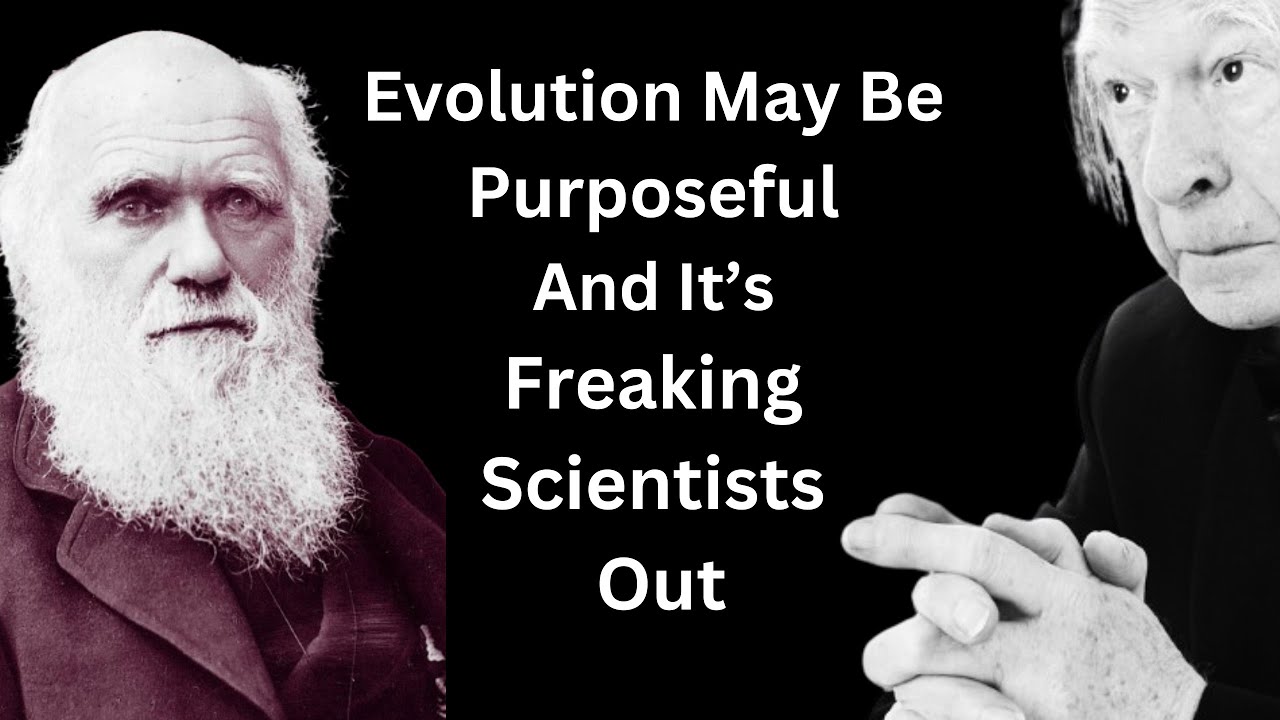In the video, scientist Dennis Noble challenges Neo-Darwinism’s gene-centric view of evolution, arguing for a more integrative approach that includes purpose, creativity, and cellular intelligence. He emphasizes the limitations of genetic reductionism and highlights the importance of reevaluating assumptions to reshape evolutionary theory and advance healthcare based on holistic principles.
In the video, Dennis Noble, a scientist, challenges the prevailing theory of evolution known as Neo-Darwinism, which focuses on gene-centered evolution. Noble argues that the assumption of the “Vicar Barrier,” a strict barrier separating body cells from germ cells, is incorrect and undermines the idea that there was ever a barrier at all. He discusses how Lamarck’s ideas about inheritance of acquired traits and Darwin’s concept of additional processes beyond natural selection were dismissed by Neo-Darwinists, leading to a reductionist view of evolution.
Noble highlights the importance of purpose and creativity in the evolutionary process, emphasizing that organisms exhibit purposeful behavior that arises from the harnessing of stochasticity within their cells. He criticizes the gene-centric view of evolution and genetic reductionism, arguing that genes alone cannot account for the complexity and adaptability of living organisms. Noble suggests that an integrative approach focusing on higher levels of organization and the role of cellular intelligence is essential for understanding evolution and designing effective therapies.
The conversation touches on the role of AI in scientific research and innovation, with Noble expressing skepticism about the ability of AI to replicate the creative and adaptive processes found in living organisms. He emphasizes the significance of harnessing stochasticity and the integrative nature of biological systems in driving creativity and problem-solving. Noble also discusses his interactions with other scientists, including a debate with Richard Dawkins, where he presented his alternative views on evolution and the role of purpose in organisms.
Noble shares his experiences of facing resistance and criticism for his unorthodox ideas in academia, particularly regarding evolutionary biology. Despite challenges, he remains committed to promoting a new narrative in evolutionary theory that emphasizes the importance of purpose, cellular intelligence, and harnessing stochasticity. By encouraging open-mindedness, reevaluation of assumptions, and interdisciplinary collaboration, Noble aims to reshape the scientific understanding of evolution and advance healthcare and medical treatments based on integrative and holistic principles. His work underscores the need for a paradigm shift in evolutionary biology to account for the complexity and diversity of life forms and processes.
